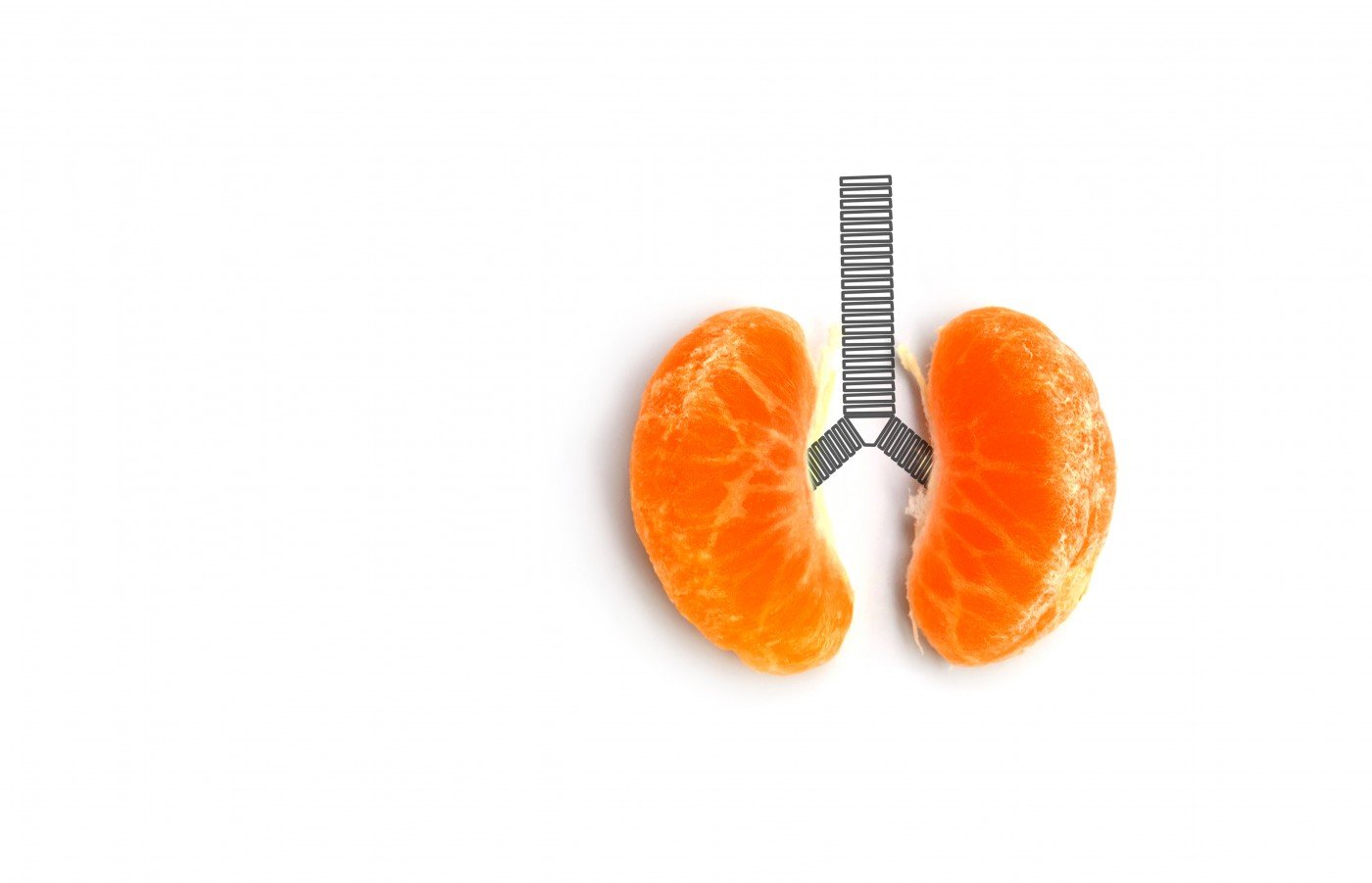Loyola Medicine Performs 900th Lung Transplant, a New Milestone

Loyola Medicine has just performed its 900th transplant, reaching a new milestone in its lung transplant program for patients with conditions affecting the lungs like sarcoidosis.
Loyola has outperformed all other transplant centers in Illinois, with three times as many transplants as all the remaining centers combined. In 1988 the center performed the first single-lung transplant in the state, and in 1990 the first double-lung transplant was conducted.
Today, Loyola offers one of the worlds’s most advanced care systems for heart-lung, double-lung, or single-lung transplants.
The 900th lung transplant patient was Theresa Boss-French, a 51-year-old Chicago police officer with sarcoidosis. Boss-French received a double lung transplant.
“It’s given me a whole new life,” Boss-French said in a Loyola Medicine release. “Since my transplant, I have not coughed once or struggled to breathe.”
Sarcoidosis affects the lungs and lymph glands. Patients struggle with dry cough, shortness of breath, wheezing and chest pain. It is thought that the disease disproportionately affects women and African-American people. Boss-French is both.
She was also considered a high-risk patient due to complications related to her pulmonary arterial hypertension (PAH), which causes high blood pressure in the lungs. To prepare for the surgery, Boss-French had to control her hypertension in the 15 months before the operation.
The disease had changed Boss-French’s life. She could only walk short distances with supplementary oxygen and her husband couldn’t sleep in the same room because of all her coughing. She went from being a patrol officer to serving at a security gate of a water filtration plant.
“Theresa is a very strong person who showed a lot of strength through every step of her disease,” said Sana Quddus, Boss-French’s pulmonologist. “She is a pleasure to work with. Whatever we have asked her to do, she has done it. Better motivated lung transplant patients tend to do better, and Theresa is very motivated.”
Thanks to her donor and her donor’s family, Boss-French can now recover from her surgery and return to her work.
“The day I received my transplant, one life was lost and one life was saved,” Boss-French said. “I am very, very grateful and humbled. They will be forever in my thoughts and prayers.”






